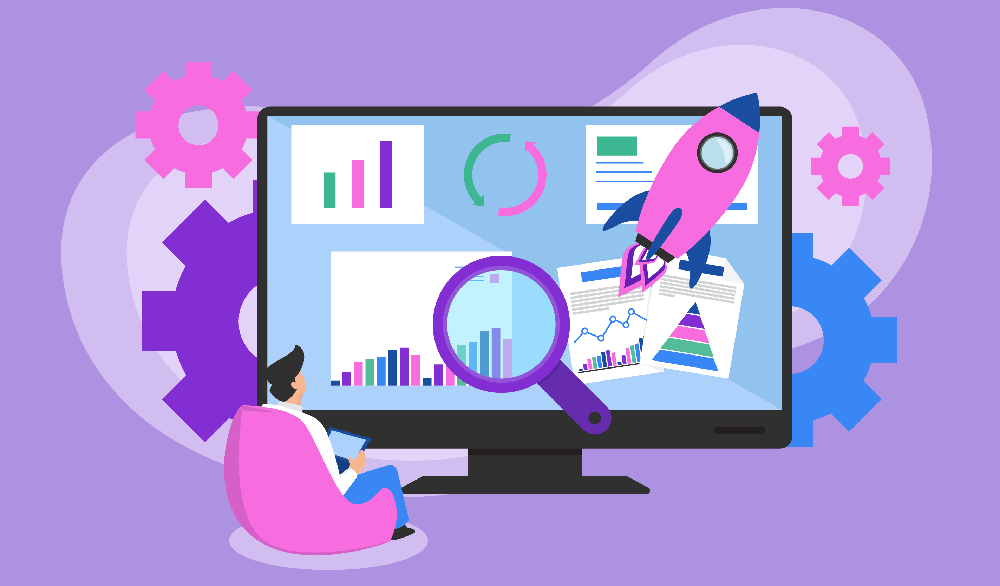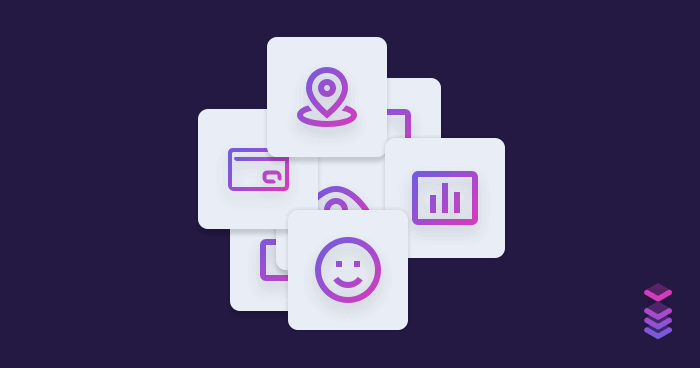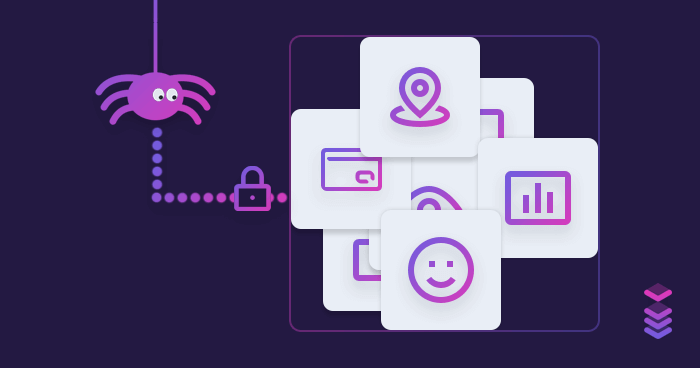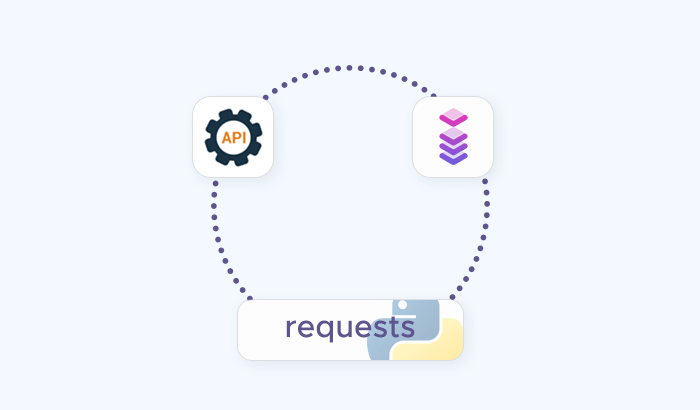
We can often hear that data became a vital ingredient for making a business succeed. But that’s not true. Information was crucial at all times. Now it just became more varied and vast because of the Internet, and because there are way more businesses today.
It always was a challenge to gather the required data. But today it is an extremely hard task because of the infinite number of sources that contain endless amounts of information. That’s why many companies began establishing dedicated departments that deal with data.
What is alternative data?
Usually, businesses gather information from standard sources such as financial statements, press releases, SEC filings, and so on. Alternative data comes from sources that are not considered to be traditional. Therefore, it can provide a company with more details and, therefore, a better understanding of the situation.
Alternative data is mostly used by investors — they analyze it to receive some unique insights that will help them make the right decision. Even though this kind of data is something new, there already are alternative data vendors that provide companies with additional information from non-traditional sources. But you can gather this data without their help — we will talk about it later.
Types of alternative data

It’s hard to mention every single source of this kind of information because “non-traditional source” means that you can come up with one, too. We will list the most popular types of alternative data:
- Behavior of the target audience. We can see how users on the website or app behave, and we can use this information to improve the business. Even though it is a source we’re quite used to, it’s considered alternative. This approach can be used by streaming services, app developers, gaming industry, food delivery services, etc.
- Issued e-receipts. Today many purchases are made online, and users receive receipts via emails. This can be a source of quite accurate data for retail revenue tracking.
- Bank card activity. This is a much more detailed and vast source of data. It’s quite expensive to get access to such a panel, but in the end, the result is worth the price, especially considering that the panel contains information about over 3 million users.
- Location. Virtually our every step is tracked today. We leave traces of our movements in our WiFi activity and because of Bluetooth. Also, data from satellites and low-level drones can be gathered now. This information will be valuable for retailers that focus on a certain location, agriculture, construction, oil, and other industries.
- Sentiment data. This information can be gathered from social media platforms and some other sources such as management communications. A shortcut to this kind of data are surveys. Sentiment data is very specific and it can't tell businesses about a younger audience. It is quite short-term, so it can’t be used for any long-term fundamental decisions. The sentiment is great for tracking the success of ad campaigns, the opinions of the target audience about a brand, and so on.
- Data from public sites. You can scrape information from generally available web pages. The quality of such data depends on the approach and the quality of the software you’re using. This information will be useful for many industries such as travel, e-commerce, marketing, etc.
The most popular data is sentiment as it can provide a business or investors with information about the loyalty of the audience to the business, and some interests of potential customers. Bank card information is the most expensive, yet it is the most popular source along with web data. Information gathered from geo-location services and satellites is the least insightful, but it can be useful for some specific industries.
Is alternative data useful?
There is a lot of controversy around alternative data because it can be quite expensive to gather. And if the source or kind of information don’t fit the goals of the research, the result will be very disappointing — you will be left with a hole in the budget tons of useless data. So the key to success here is to define your needs, understand what kind of information you need exactly, and involve experienced data science in the process.
How to gather alternative data?

You can use alternative data providers for most kinds of such information. And this will be a correct approach because, as you might have noticed, there is quite sensitive data — bank card activity, for example. Such information is not available for everyone, and you will violate the rights of people if you try obtaining data about their credit card activity in some other way.
But when it comes to sentiment data and information from public websites, you can use scraping to gather it. For this, you will need a special tool — a web scraper. It will go through the needed sites, including social media platforms, and gather the data you require. Advanced scrapers will then analyze and organize it for you. In the end, you will receive well-structured and easy to consume information.
Another tool you will need for scraping is proxies. They will help you access more information and some geo-specific data. Also, they will help you avoid blocks and gather data more rapidly and efficiently. Infatica offers high-quality residential proxies that will help you remain anonymous while you’re gathering information. We offer flexible pricing so that you can choose the plan that fits your needs while not overpaying for the service.
With alternative data sources, you can enhance your business strategies or make better data-driven investment decisions. The tricky part here is to understand what information to gather and from what sources. Once you fathom that, you will join companies that are already winning the competition thanks to the alternative data.








